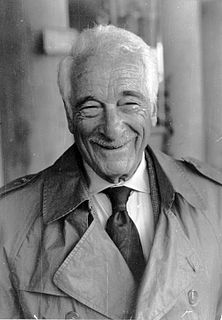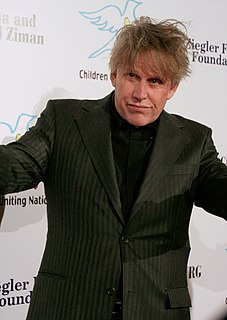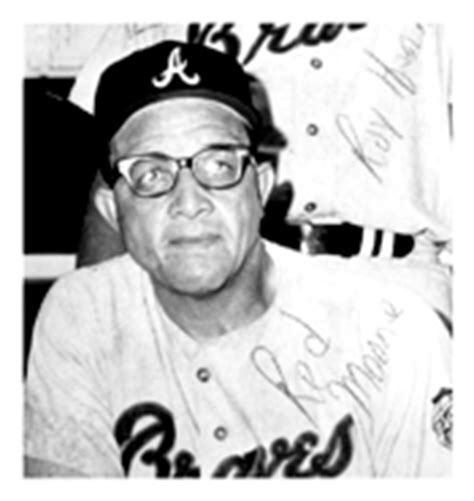A Quote by Victor Borge
I only know two pieces; one is 'Clair de Lune' and the other one isn't.
Related Quotes
The stage is the opposite: you are talking loud so you can project to the back row and you know the whole play. In a movie, you are scene-to-scene; you only know the purpose of that scene. On the stage, that is artistic science. It is real, it is loving, it is truthfully you. It is two different formulas to make two different art pieces, but it is all about truth.
Most organizations only focus on WHAT they do and HOW they do it - tactics and strategies - and they aren't even aware that this thing called the WHY exists. Focusing on only two pieces of a three piece puzzle leaves an organization, or a career, inherently out of balance. Being out of balance, only operating on two of the three pieces, shows up in different ways - increased stress, loss of passion, obsession with what your competition is doing, being forced to play the price game, trouble differentiating. These are all signs that the WHY is missing.
I understand that you can never have the whole picture; inevitably, there’s stuff you don’t know, can’t know. But when it comes to Cameron I always want more than I have, would like to be able to take hold of at least one or two more pieces, if only because I’m convinced there are parts of myself inside them.
A lot of groups, they get put together. But we don't even think of each other as a group. I don't think I'm in a group with two other guys, where I don't know their moms and their grandmas, their aunties, and I don't know where they came from. This is my immediate family. These are the only people I know. That's why we be around each other so much.
And also, I'm most comfortable with like two people just sitting and talking about their feeling, you know, in a room with like two cameras and that's it. And I wanted to do something where there was like action and running and you know crowd scenes and big set pieces and certainly did a lot of that, so yeah.
In period pieces or genre pieces, those have to be set in historical truths. But, science fiction has different game pieces. And with those game pieces come other stories we're not familiar with. So, science fiction teaches us how to relate to outsiders, to foreigners, and to not approach any of that with fear, but a genuine curiosity.
For several years I've been writing 100-word pieces. More recently I've been putting them together in groups of two and three. I don't see them as sequences, but rather as companion pieces, the way that diptychs often work. The idea comes originally from the paintings of Michael Venezia who places blocks of painted wood next to each other. Proximity is a godsend. The quote is from Wallace Stevens.

































